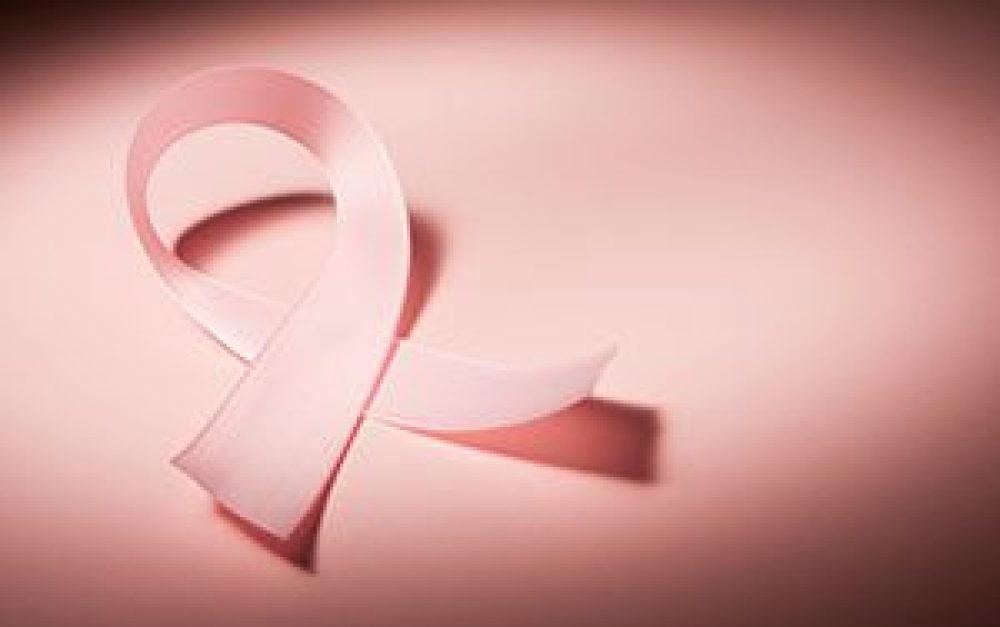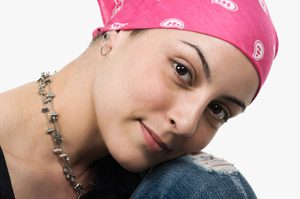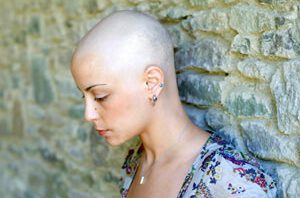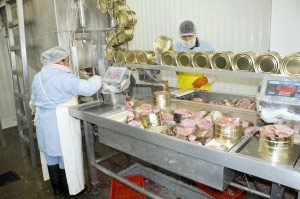Another October is passing, in a rosy fog of marketing and special events meant to raise awareness about breast cancer. Everyone from the National Football League to fast-food franchises is cheerfully urging us to walk, run and shop to find a cure for a disease that now affects one in eight women in the U.S.
The attention is certainly warranted. But a growing chorus of commentators is now urging us to "rethink pink." What should we do instead? I’d say let’s put more energy into doing what we can to reduce our exposure to carcinogenic chemicals. Seems like pure common sense.
As our partners at the Breast Cancer Fund tell us, “it’s clear that our exposures to toxic chemicals and radiation are connected to our breast cancer risk.”
And President Obama's own Cancer Panel, made up of some of the country's most distinguished cancer scientists, urged him back in 2010 to “use the power of your office to remove the carcinogens and other toxins from our food, water and air that needlessly increase health care costs, cripple our Nation's productivity, and devastate American lives.”
Chemicals as second-hand smoke?
At PAN we know that certain pesticides — like atrazine, 2,4-D and DDT — have been linked to cancer, and many more are known endocrine disruptors that can set the stage for cancer growth. Our bodies absorb chemicals like these as we go about our daily lives; eating, drinking water and breathing air all contribute to our toxic load.
People who live and work in agricultural communities are certainly most at risk. But because these pesticides contaminate our food and water supply, we are all affected, and children are particulary at risk as their bodies are still developing.
When I was a child, I rarely heard anyone use the word “cancer.” The anti-smoking campaigns of the '60s and '70s moved us from acknowledging that lung cancer was a problem to doing what was needed to prevent it. We then moved on to take proactive steps to protect everyone — not just smokers — from the carcinogenic effects of cigarette smoke.
What if we started thinking of pesticides and other carcinogenic chemicals as a type of second-hand smoke?
We are aware enough
For the past two months, magazines have devoted many pages to stories about breast cancer, profiling cancer survivors and reminding readers about the importance of self-exams, mammograms and other measures. Corporate America goes all-out to be associated with raising awareness, and support for treament and cures.
I know dozens of people whose lives might have been cut short if society hadn’t adopted the early detection of breast cancer as a priority. And better treatments in recent years have indeed saved many lives. But as the Breast Cancer Fund’s Nancy Buermeyer reminds us, the rates are still too much high.
What if we devoted October's intensive media and marketing blitz to educating people about chemical carcinogens and promoting alternatives like agroecology? What if the Stroller Brigade and similar national actions on behalf of more robust federal laws to prevent exposure to toxic chemicals received as much attention and support as the walkathons to find a cure for cancer?
Carcinogens as unthinkable
I wonder how Americans 20 or 30 years from now will look back on how we're approaching the problem of breast cancer today. Will they shake their heads over the rampant pinkwashing of a deadly disease, amazed that as a society we did so little to reduce the manmade contributors to breast cancer?
Or will they see that this is the era when we finally reframed the discussion, and rebalanced our priorities?
I hope that my own niece's and nephew’s children will face a lower risk of breast cancer than our friends and families are dealing with now. We can take steps right now toward that goal. Here are some ideas:
- Tell state and federal lawmakers to fund programs that encourage non-chemical alternatives to hazardous pesticides, herbicides and fumigants;
- Let retailers know that we want to buy healthy and affordable pesticide-free and organic foods and products that aren’t genetically modified, and make such foods a priority in America’s schools, hospitals and other public places; and
- Support “awareness” campaigns that include environmental factors that contribute to breast cancer, such as pesticides and toxic chemicals.
Working together, we can make today's high levels of cancer morally unacceptable and focus on taking unnecessary carcinogens out of the equation. October will roll around again before we know it — let’s get started today!








